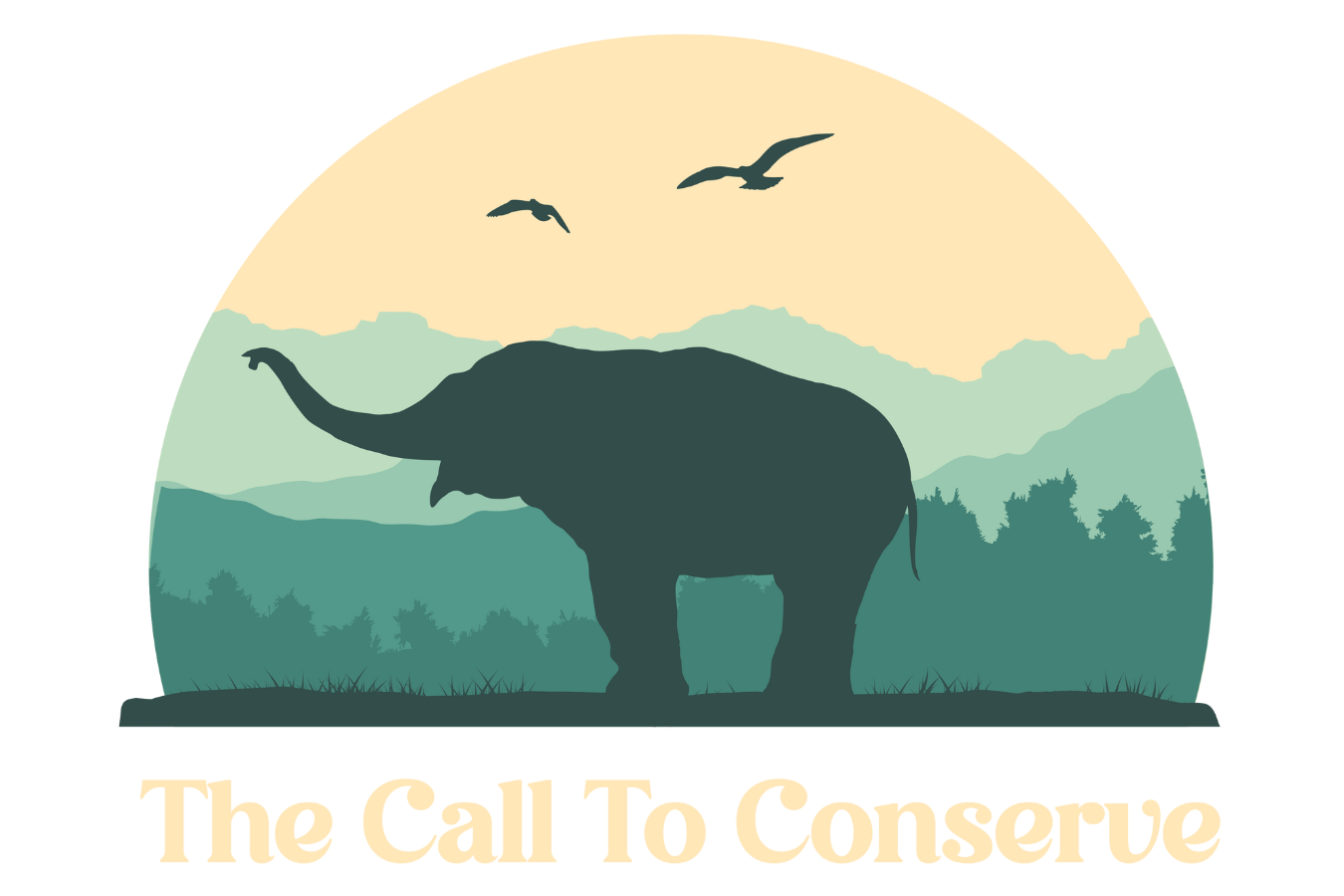Boon Lott’s Elephant Sanctuary
Hey everyone, it’s been a little while since I’ve posted on here. Partially because I have been so busy with getting to Thailand and beginning my time at Boon Lott’s Elephant Sanctuary (BLES, which I’ll get into) but now that things have settled I’m hoping to get back to weekly posts!
I’ve just finished my first week here at BLES and wanted to fill everyone in on what I’m up to. BLES is a sanctuary in Thailand that is not only home to elephants but also home to dogs, a monkey, a crocodile, a horse, some wild boar, tortoises—basically any animals in need that are not being treated as they should. These animals come to BLES to live the highest quality of life possible in captivity, as most of them cannot be released back into the wild. Unlike many captive facilities, BLES has the mission of being as hands off with their animals as possible and provides specialized management to each individual depending on their needs. This is crucial in helping the individuals who may have suffered from previous trauma to heal and feel as if they are in control of their lives and bodies again.
BLES is “open” to the public, meaning that tourists can book (in advance) to come see the animals but not just walk in and visit for the day. All visitors stay for four nights to really get a good feel for what is being done at the sanctuary for all of the animals. Another thing that I think is really special about BLES, is that every week there is only a maximum of 8 visitors. With smaller groups the days are quieter, more intimate, and we are able to build relationships with guests. This also is less stressful for the animals than having large groups coming through the sanctuary as it can get noisy and disruptive to have such a high volume of visitors.
My role
I will be staying at the sanctuary for three months (until mid October) to assist with the care of the animals, the guests, and really whatever needs to be done! BLES is managed by Katherine Connor, and she has a team of mahouts to help with care of the elephants. With the intimate nature of the sanctuary, any volunteers are required to come for a minimum of three months. This not only gives me an opportunity to get to know all of the wonderful people who work at BLES and learn the most I possibly can from all of them, but also gives me an amazing opportunity to introduce elephant conservation to guests on a weekly basis and educate them about the trauma that these individuals have experienced in their lives. Not to mention endless time hanging out with elephants and contributing to their care and wellbeing!
During my stay, I am also working on some research while I am at BLES to supplement my final case study for my master’s degree. I’m so excited to be doing this research because it is so important to learn as much as possible about how to manage captive wildlife and the impact management has on their mental health! My research is focused on complex-post traumatic stress disorder in captive Asian elephants, looking at prevalence in my sample population as well as how management plays into the expression of trauma and stress. This research became of interest to me during my master’s program as I began doing more and more projects centered around Asian elephants in captivity and doing more research on the stress of captivity and close human contact on wildlife. For those who don’t know, my passion for elephants came about after my last trip to Thailand when I was doing veterinary work at a different elephant sanctuary. During that trip I was so struck by the struggles these beautiful creatures are facing throughout Thailand and how exploited they are for human gain. After that trip, I decided not to apply for veterinary school and to instead pursue a career in conservation to work toward saving more species from extinction and improve the welfare of wildlife worldwide that do not have anyone fighting for them. As my passion for conservation has grown my goal has been to be a voice for all wildlife that are living for humans, rather than exercising their autonomy and self-determination, as they should. That led me to research c-PTSD as a welfare issue but also to bring more awareness to the complexity of not only the elephant psyche, but the mental and emotional capability of all animals. Once we are able to shift our mindsets to see animals as having similar brain structures as humans and the ability to experience complex emotions and thoughts, my hope is that there will be a change in the way we exploit so many wild and domesticated species for human gain and profit.
I will be posting more about my research and the sanctuary over the next three months, but I wanted to give you guys a bit of a background on what I am up to here and why the work being done at BLES is so important. With more people working for wildlife, we are working toward a global movement in animal welfare. If anyone has any question about BLES or about my research, please let me know, and check out the BLES website linked below!
🐘 We're proud to partner with SafetyWing to provide travel insurance for ethical travelers.
When you use our affiliate link, you’re directly supporting our nonprofit’s work in wildlife welfare and ethical tourism.
Learn More & Get Covered


